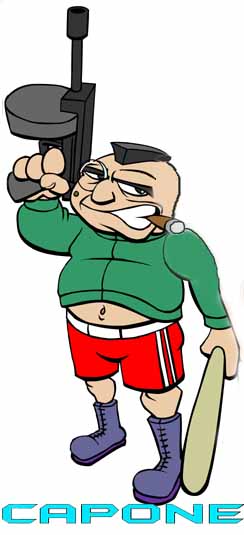Ain't It Cool News (www.aintitcool.com)
Movie News
Capone comes face to face with the great actor Michael K. Williams to talk THE WIRE (Omar), BOARDWALK EMPIRE (Chalky White), COMMUNITY (Prof. Kane) and his role in Tarantino's DJANGO UNCHAINED!!!
Hey everyone. Capone in Chicago here.
Readers Talkback

